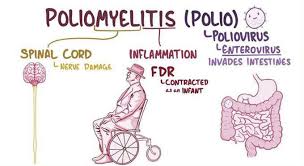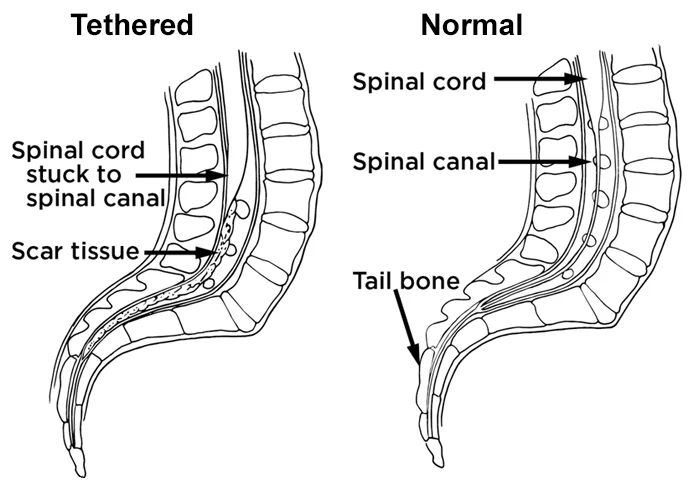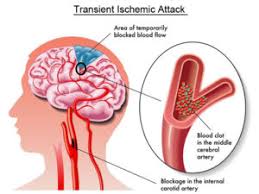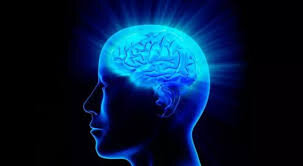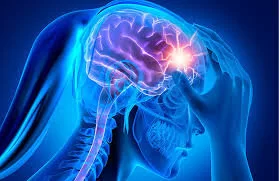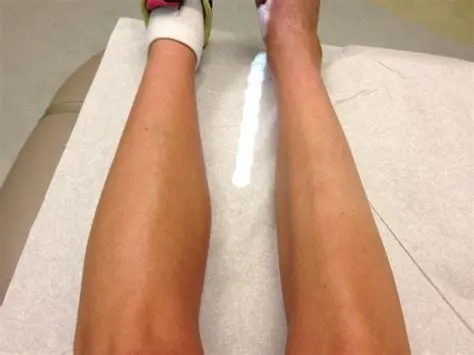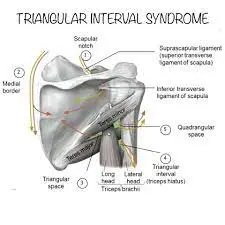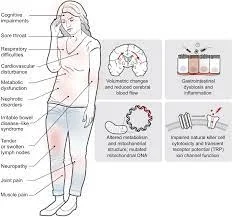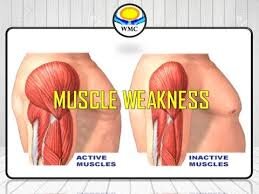Spinal Muscular Atrophy (SMA)
What is a Spinal Muscular Atrophy? Spinal muscular atrophy is an inherited disease in which progressive muscle weakness and wasting (atrophy) are used for movement (skeletal muscles). It occurs due to a loss of specialized nerve cells (motor neurons) that control muscle movement. Progressive muscle weakness is seen as more severe that is closer to…


